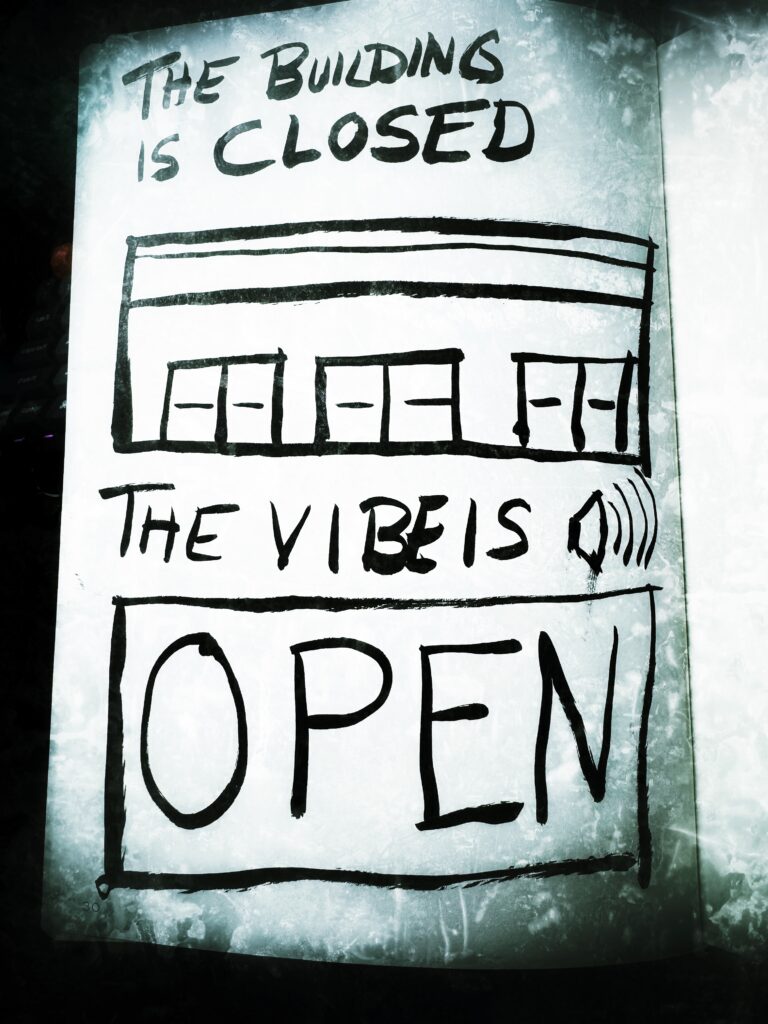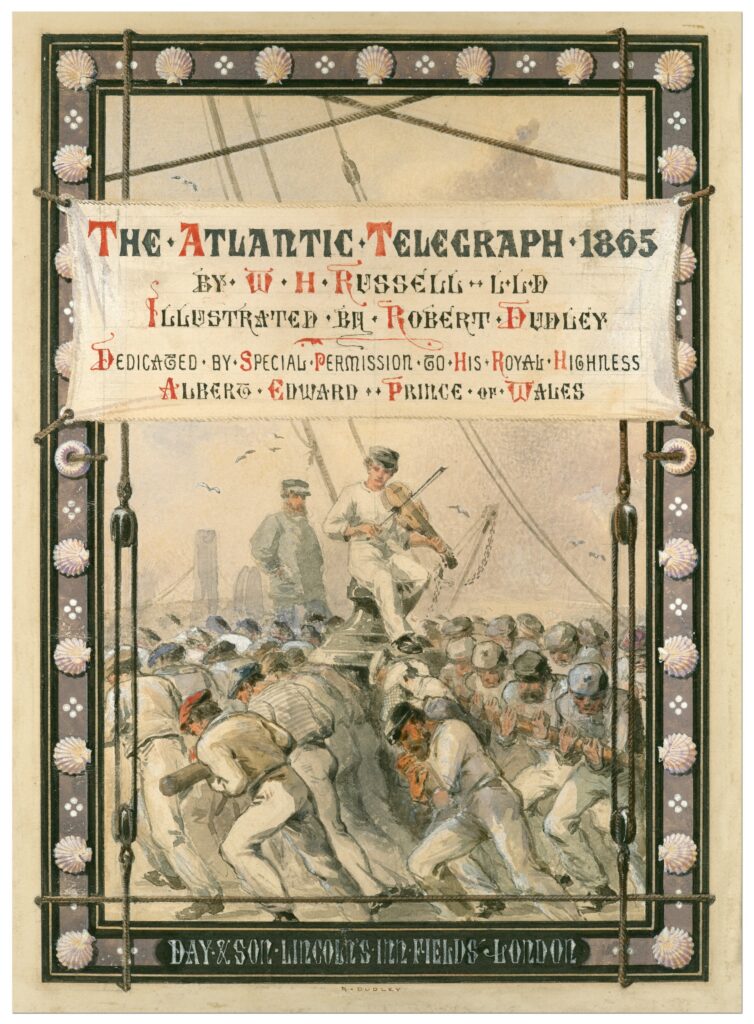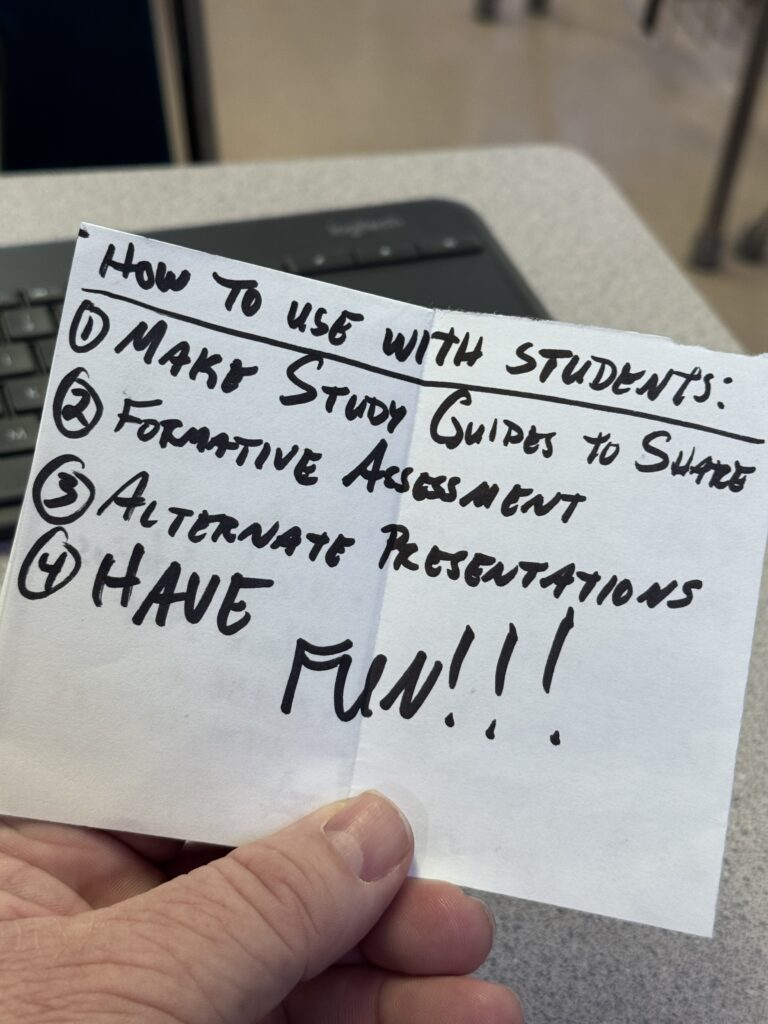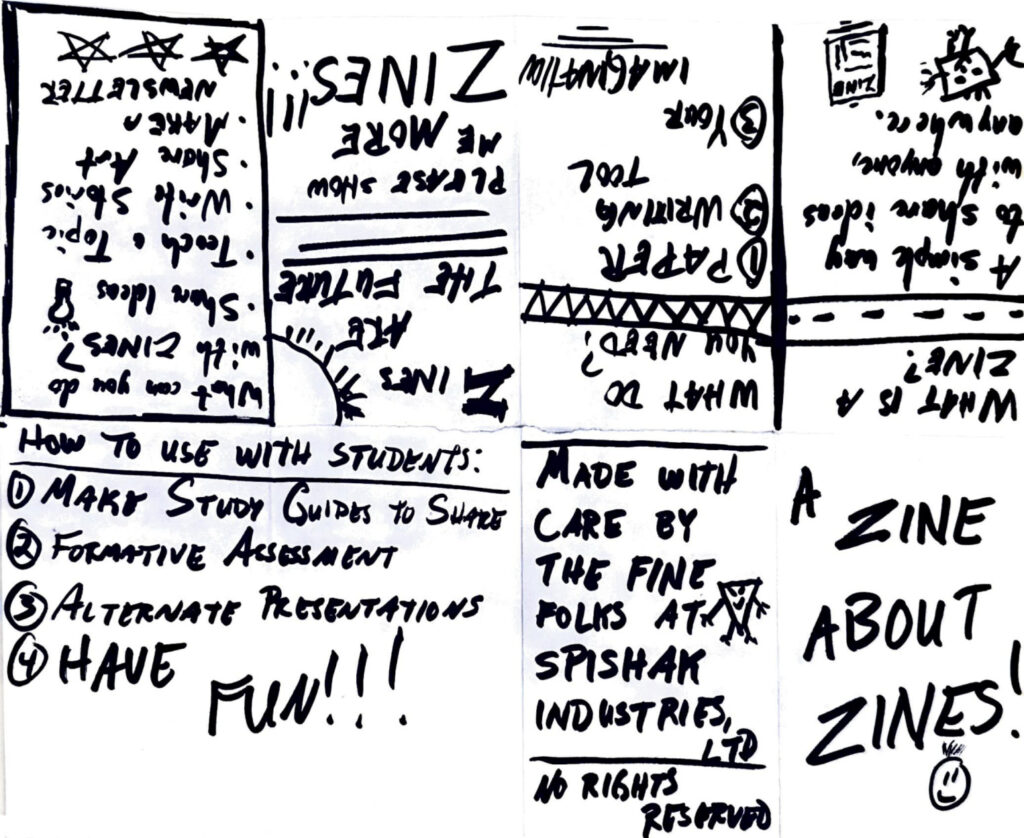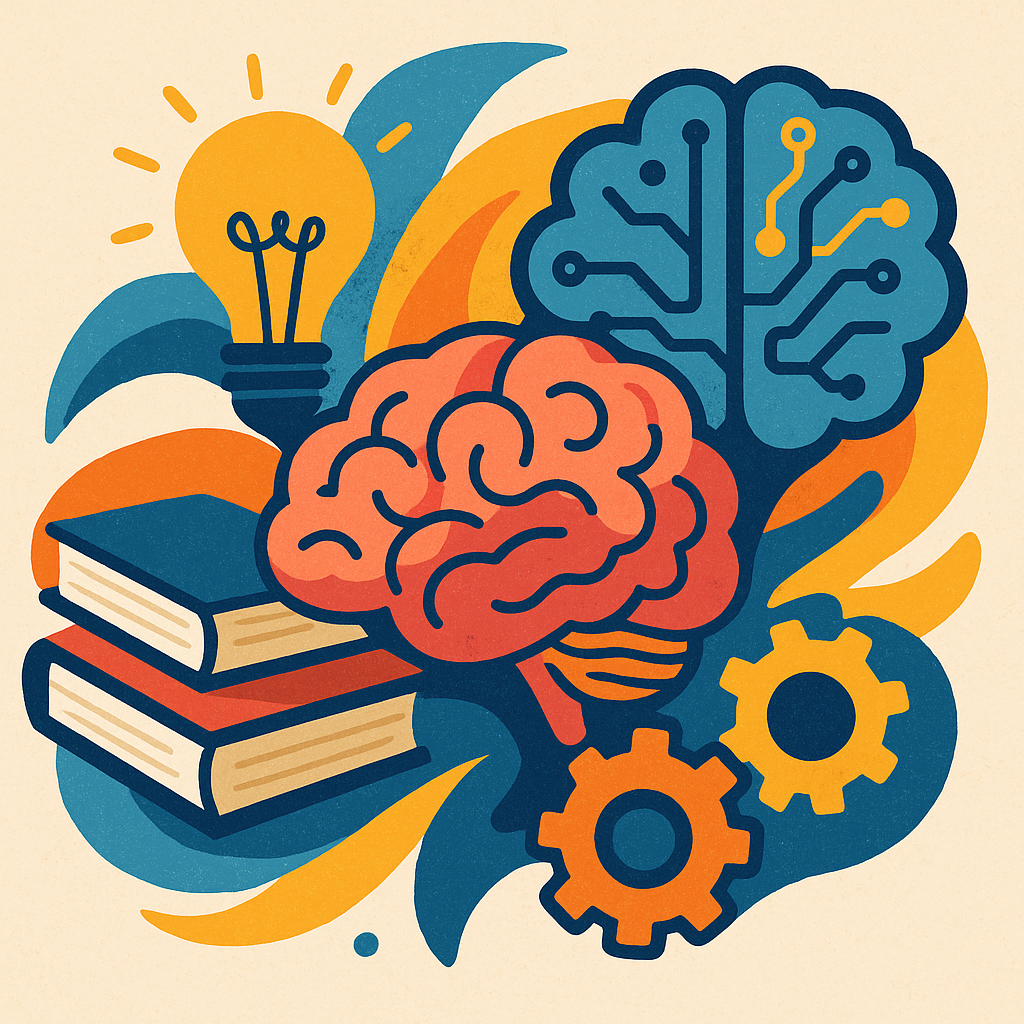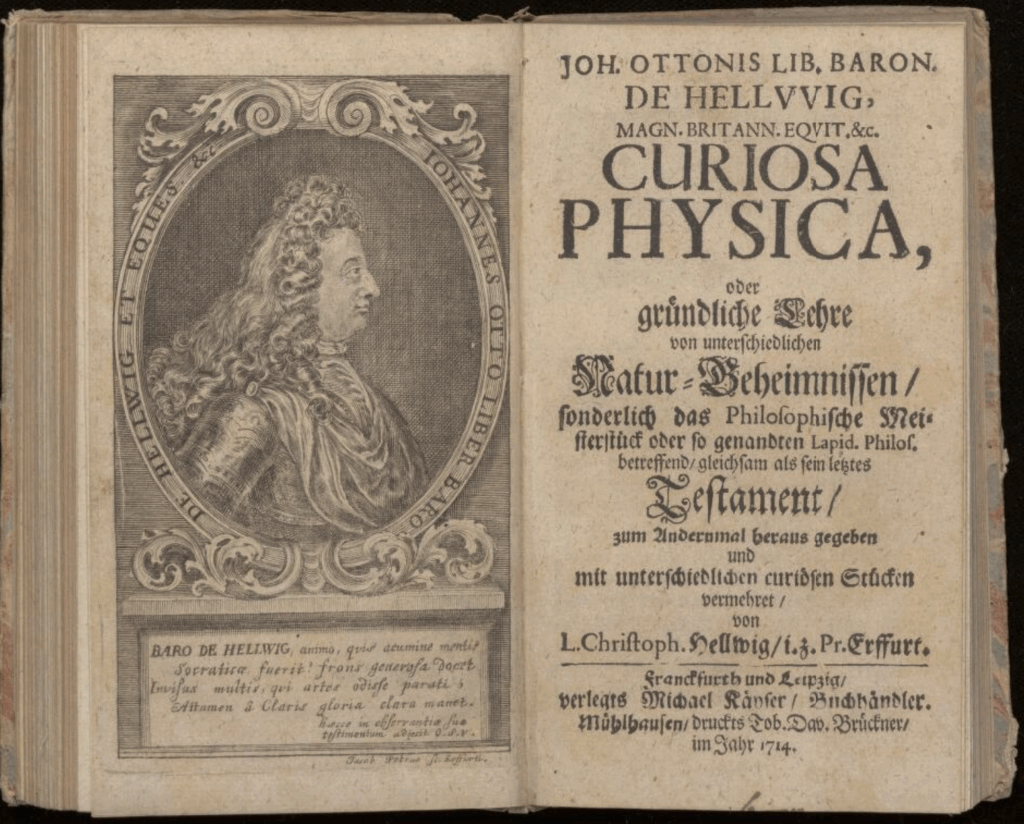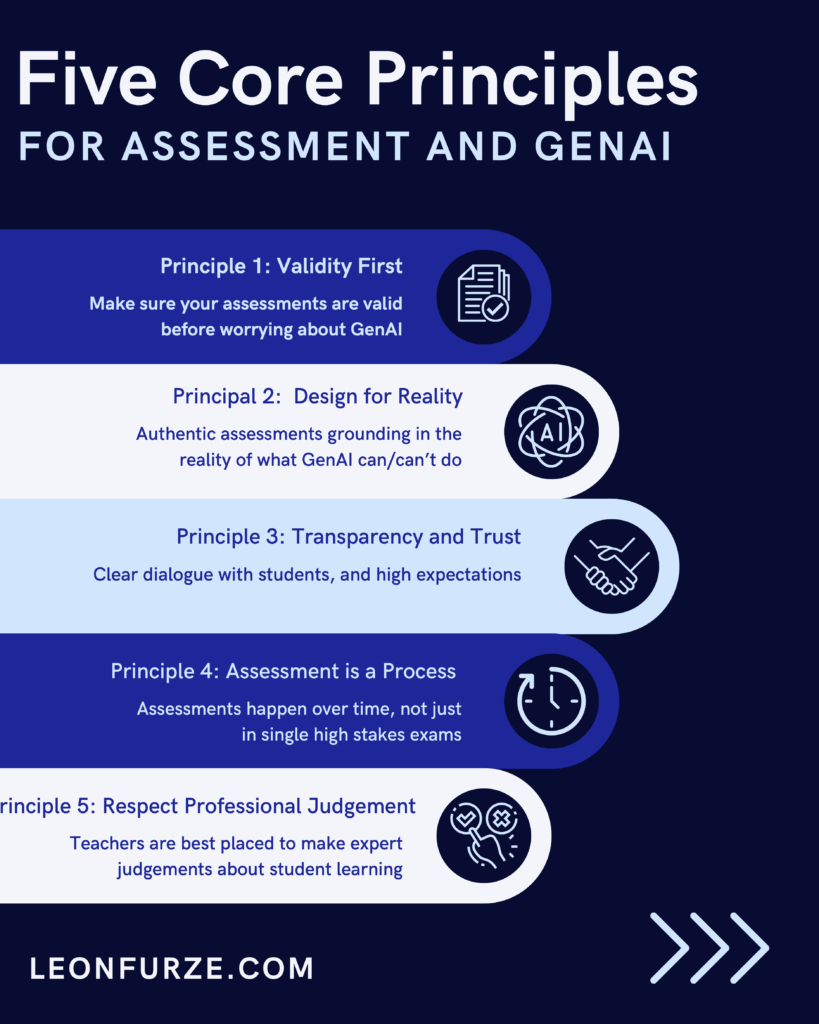
A recent investigation into Alpha School, a high-tuition “AI-powered” private school, revealed faulty AI-generated lessons, hallucinated questions, scraped curriculum materials, and heavy student surveillance. Former employees described students as “guinea pigs.”
That’s the headline.
But the real issue isn’t whether one school deployed AI sloppily.
The real issue is whether we are confusing technological acceleration with educational progress.
The Seduction of the Two-Hour School Day
Alpha’s pitch is simple and powerful: compress academic learning into two hyper-efficient hours using AI tutors, then free the rest of the day for creativity and passion projects.
If you believe traditional schooling wastes time, that promise is intoxicating.
But here’s the problem:
Efficiency is not the same thing as development.
From a Science of Learning and Development (SoLD) perspective, learning is not merely the transmission of content. It is a process that integrates cognition, emotion, identity, and social context. Durable learning requires safety, belonging, agency, and meaning-making.
You cannot compress belonging into a two-hour block.
You cannot automate identity formation.
And you cannot hallucinate your way to deep understanding.
Connectivism Is Not Automation
Some defenders of AI-heavy schooling argue that we are simply witnessing the next phase of networked learning. Knowledge is distributed. AI becomes a node in the network. Personalized pathways replace one-size-fits-all instruction.
That language sounds connectivist.
But Connectivism is not about replacing human nodes with machine ones.
It concerns the expansion of networks of meaning.
In a connectivist system:
- Learning happens across relationships.
- Knowledge flows through dynamic connections.
- Judgment matters more than memorization.
- Pattern recognition and critical filtering are essential skills.
AI can participate in that network.
But when AI becomes the primary instructional authority — generating content, generating assessments, evaluating its own outputs — the network collapses into a closed loop.
AI checking AI is not distributed intelligence.
It is recursive automation.
Connectivism requires diversity of nodes.
Not monoculture.
Surveillance Is Not Personalization
The investigation also described extensive monitoring: screen recording, webcam footage, mouse tracking, and behavioral nudges.
This is framed as personalization.
It is not.
It is optimization.
SoLD research clarifies that psychological safety and autonomy are foundational to learning. When students feel constantly watched, agency erodes. Compliance increases. Anxiety increases.
You can nudge behavior with surveillance.
You cannot cultivate intrinsic motivation that way.
If our model of learning begins to resemble corporate productivity software, we should pause.
Education is not a workflow dashboard.
The Hidden Variable: Selection Bias
To be fair, Alpha School reportedly produces strong test scores.
However, high-tuition schools serve families with financial, cultural, and educational capital. Research consistently shows that standardized test performance correlates strongly with income.
If affluent students succeed in an AI-heavy environment, that does not prove that the AI caused the success.
It may simply mean the students would succeed almost anywhere. I often say those students would succeed with a ham sandwich for a teacher.
The question is not whether AI can serve already advantaged learners.
The question is whether AI, deployed without deep pedagogical grounding, strengthens or weakens human development.
The Real Design Question
The danger is not AI itself.
The danger is designing educational systems around what AI does well.
AI does well at:
- Drafting content
- Generating practice questions
- Scaling feedback
- Recognizing surface patterns
AI does not do well at:
- Reading emotional context
- Building trust
- Modeling intellectual humility
- Navigating moral ambiguity
- Forming identity
SoLD reminds us that learning is relational and developmental.
Connectivism reminds us that learning is networked and distributed.
If we optimize for what AI does well and marginalize what humans do uniquely well, we create a system that is efficient — but thin.
Fast — but shallow.
Impressive — but fragile.
What This Means for Public Education
This story is not merely about a private school engaging in aggressive experimentation.
It is a preview.
Every district will face pressure to:
- Automate instruction
- Replace textbooks with AI tutors
- Compress seat time
- Increase data capture
The answer cannot be a blanket rejection.
Nor can it be an uncritical adoption.
The answer is design discipline.
We should use AI to:
- Reduce administrative drag
- Prototype lessons
- Support differentiated feedback
- Expand access to expertise
But we should anchor every AI decision in two non-negotiables:
- Does this strengthen human relationships?
- Does this expand student agency and meaning-making?
If the answer is no, we are not innovating.
We are optimizing the wrong variable.
The Choice in Front of Us
We stand at a fork.
We can design AI systems around human development.
Or we can redesign human development around AI systems.
One path amplifies Connectivism, relational trust, and whole-child growth.
The other path creates compliant, monitored, hyper-efficient learners who score well but lack deep agency.
Technology will not make that choice for us.
We will.
The Eclectic Educator is a free resource for everyone passionate about education and creativity. If you enjoy the content and want to support the newsletter, consider becoming a paid subscriber. Your support helps keep the insights and inspiration coming!
